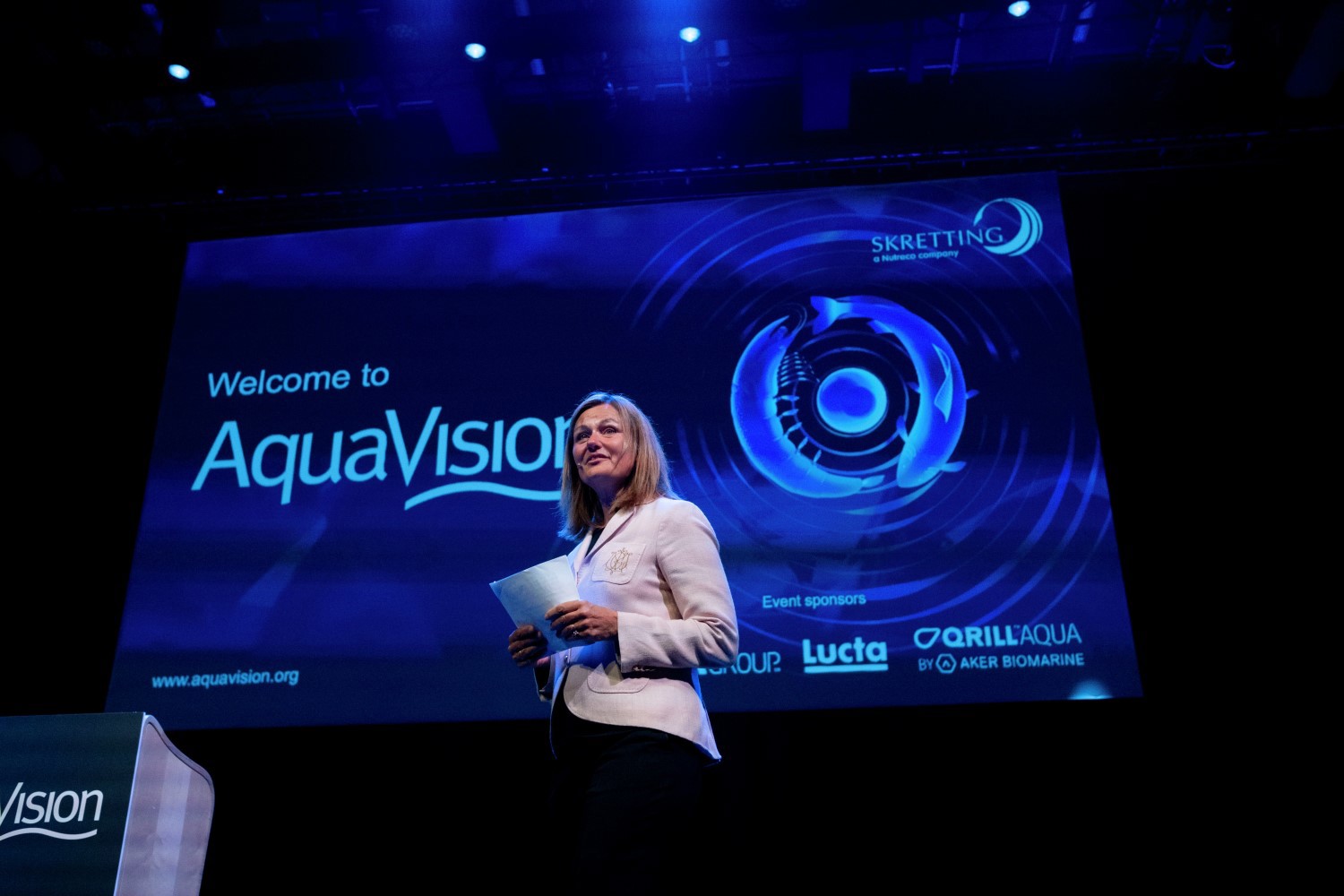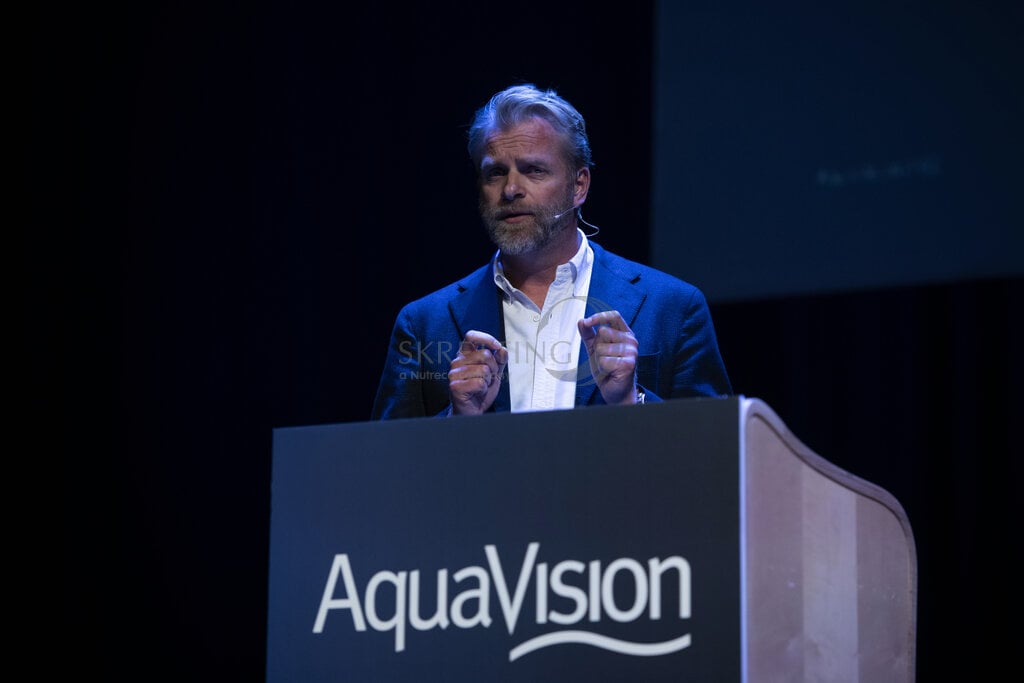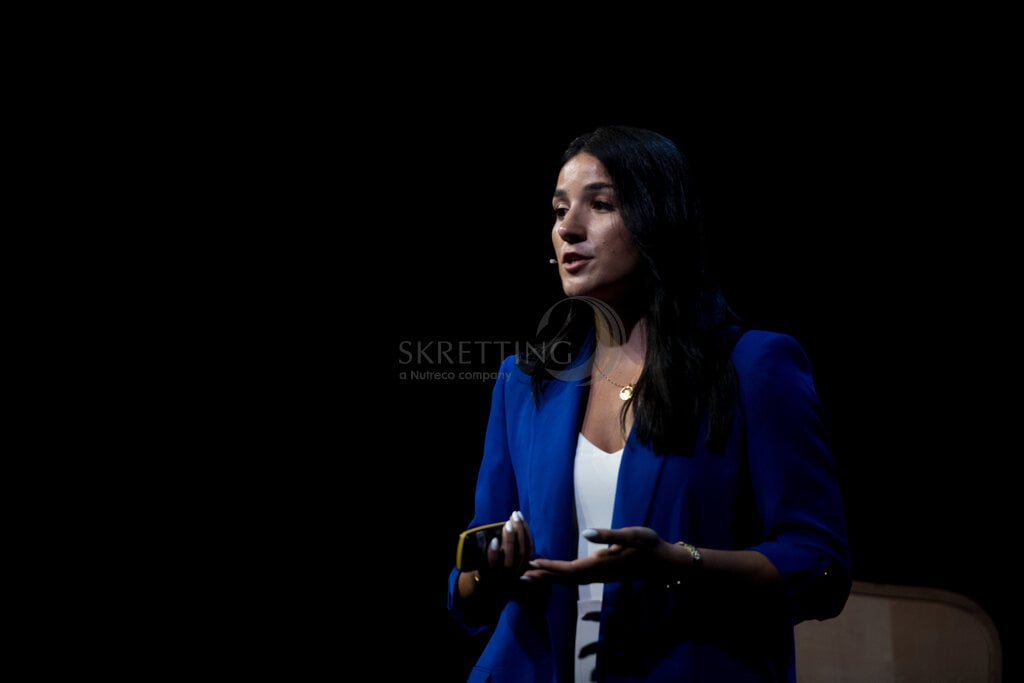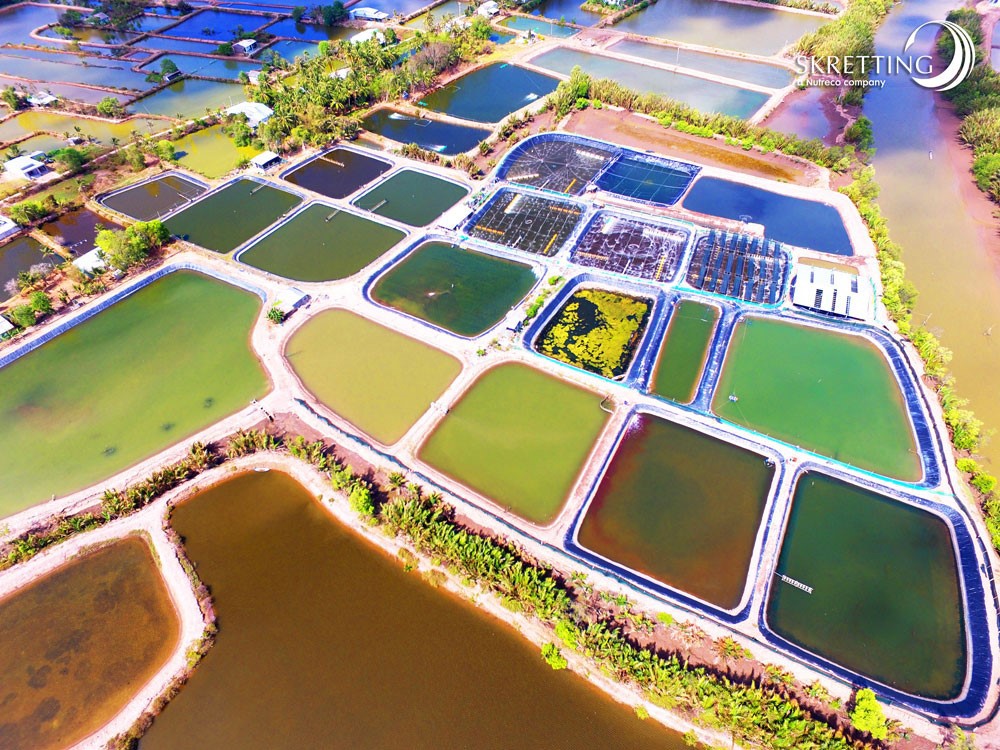Although IKEA is best known for selling furniture, the company’s food business has also grown at a rapid rate – following the same democratic design model that champions function, quality, price, form, and sustainability to meet its overriding objective to provide customers with well-balanced, delicious offerings at an affordable price.
IKEA: Sustainability requires access and availability for all
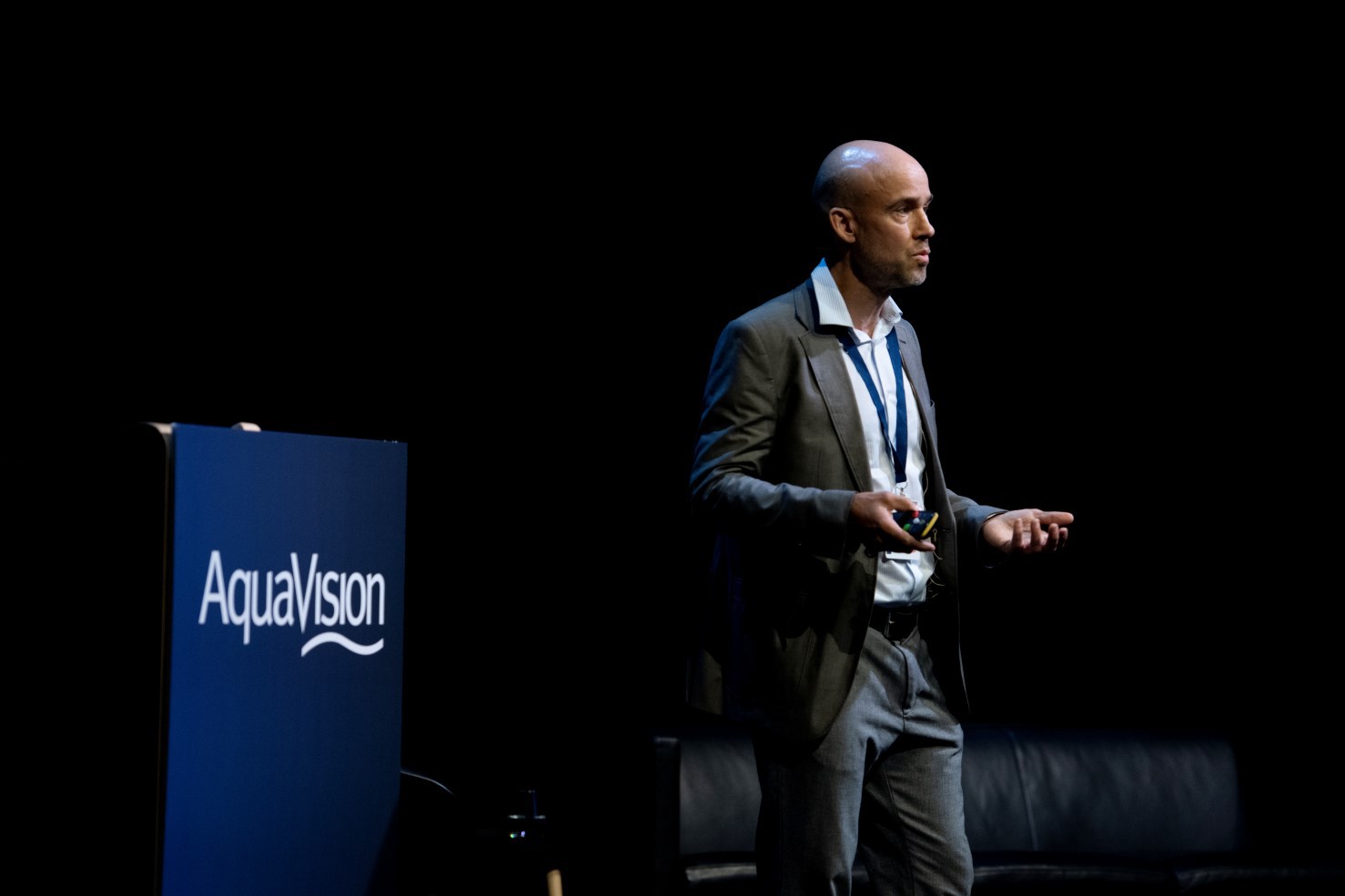
Christophe Mathiesen, Sustainability Advisor – IKEA Food told AquaVision 2022 that following the COVID pandemic crisis, some 775 million people worldwide are again visiting its stores and that 20% of those are specifically visiting to purchase food and drinks.
What IKEA seeks to do with these is to provide “a modern taste of Sweden”, said Mathiesen.
He explained that following the aforementioned democratic design model, the foods’ function should be inspired by Scandinavian traditions, and should make the consumers feel good when eating them.
The quality element, he offered, is about food that can be trusted, and which is good for the consumer, while the price focus requires it to be truly affordable for many people.
“With form, just like with furniture, we want our food to be beautiful, appetising, and stimulating to the senses. And then with sustainability, we want the food to be responsibly produced and we want it to have a positive impact on people, the planet, and also animals.
“Sustainability has been part of IKEA’s identity for decades. Our customers say they expect us to be working on sustainability and that we are being innovative in sustainability.”
IKEA first launched its current sustainability strategy ‘People, Planet Positive’ in 2012. It was developed in close collaboration with multiple stakeholders and is updated every year to catch up with the latest challenges we are facing. It also looks to find new ways to communicate these actions to customers and business partners.
“At IKEA, we want to inspire and enable millions of people to live a healthier and more sustainable life at home – that’s our customers. We also want to go on beyond our customers and inspire many others (companies) to do the same.”
Among the company’s focuses, being climate positive is an important priority, with the wish to move towards 100% renewable energy in its own operations and also with its direct suppliers. It also wants to improve the circularity of its business and increase the use of renewable and recyclable materials, while reducing food waste in its restaurants. At the same time, as part of its social sustainability ambitions, it is expanding its supplier code of conduct to positively impact more people further back into the supply chain, including promoting fair and responsible wage practices.
Additionally, it wants to be more responsible in terms of the sourcing of raw materials for both food and furniture, Mathiesen stated.
“This is not just us saying it. It is being demanded on companies like us by legislation – that’s a good driver. But we have been committed to this for a long time. And one of the things we are really interested in is increasing traceability – we want to know exactly where we are getting our materials from and that what we are claiming is true and what’s actually happening on the ground and in the water.
“Our goal with sustainability is that it should be something that is available and affordable for the many, not just the few. So, we are still committed to driving down the negative impacts on the environment, society, and the economy, but it has to be something that more people can get access to and buy.”
Our goal with sustainability is that it should be something that is available and affordable for the many, not just the few.
Food has grown as a business to account for 5-6% of IKEA’s total turnover, and before COVID was growing at a rate of around 8% per year.
AquaVision 2022 delegates also learned that the company is increasingly being asked to supply food that is healthy, tasty and sustainable.
“We think we understand this at IKEA; it fits really well with our values, and we see great business opportunities here.”
Among the goals it has set are that by 2025, 50% of the main meals offered in its restaurants will be plant-based and the majority will be non-red meat. Within the same time frame, it wants 80% of the consumer-packaged food goods that it sells to be plant-based. Additionally, 100% of packaging materials used will be recyclable by 2025, and by 2030 it only wants to use renewable and recyclable materials.
With regards to seafood, Mathiesen advised that 98.2% of IKEA’s total seafood volume is today certified against the Marine Stewardship (MSC) and Aquaculture Stewardship Council (ASC) standards.
With salmon being the retailer’s top selling seafood product, there’s a commitment in place to bring continuous sustainability development to the sector. He said that while traditional fish farming remains a good way of farming with “farmers are doing a great job – doing it sustainably, efficiently and helping us to feed the world”, the system is not perfect as it faces challenges such as pollution and disease.
As such, land-based farming is an area that IKEA is following closely and could move into in the future. For the moment, though, the premium prices are an obstacle, he added.
“It’s not something we see as affordable for the many just yet.”
In the meantime, and through its close work and dialogue with the animal feed sector, IKEA already has some clear commitments with regards to reducing the sector’s dependence on marine ingredients (even if they do come from responsible sources), and also to only buy soy and palm oil from certified sources.
It is also committed to reducing ocean plastic pollution and is talking to suppliers about the issue.
“We haven’t made specific steps yet, but we are looking at what we can do,” Mathiesen said.
“A strong brand and continuous commitment to sustainability can help accelerate the right solutions and we believe that IKEA can continue to make a difference in the seafood sector,” he added.
